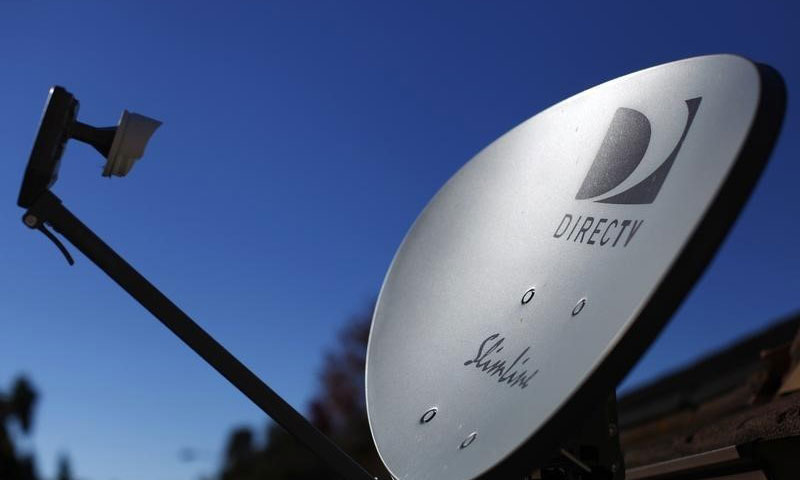
AT&T-DirecTV Merger Approval Gets Mixed Reviews
The two major telecom firms have pulled off a merger like one that Comcast and Time Warner Cable couldn't achieve earlier this year. While the approval came with conditions that won some positive notices, critics focused on the message the merger sends.
AT&T’s merger with DirecTV hasn’t gotten anywhere near the negative attention that the failed merger between Comcast and Time Warner Cable attracted earlier this year. But that doesn’t mean that advocacy groups are excited about approval of the $49 billion merger, which the Federal Communications Commission granted on Friday.
Chairman Tom Wheeler had given the deal his blessing on Monday, albeit with conditions.
Wheeler’s announcement, which came as the merger also received Justice Department approval, won some plaudits from industry groups for requiring the merged company to follow net-neutrality restrictions.
“We’re pleased to see interconnection taking center stage in the commission’s order on AT&T/DirectTV,” COMPTEL CEO Chip Pickering said in a news release [PDF]. “The transparency condition gained in this merger will give the commission the tool it needs to review AT&T’s interconnection practices to determine whether it is living up to the industry’s standard of no access fees.”
But even though the pairing of the telecom company and satellite provider potentially represents a more diverse merger than the scuttled Comcast-Time Warner union might have, the sheer scale still left groups wary.
“This deal will send yet another signal to Wall Street that harmful mergers are a better business model than actual and substantial infrastructure investment,” Free Press Policy Director Matt Wood noted in a statement earlier this week. “We don’t see enough checks on AT&T’s power in the broadband and pay-TV markets, or enough protections for true over-the-top video competition against incumbents like this newly combined company.”
Wood noted that the merger would create a single company providing TV service to a quarter of the country. The American Cable Association (ACA), which represents smaller cable companies, raised the same issue in its comments on the deal—specifically about access to regional sports networks (RSNs) for competitors.
“By charging higher prices for its RSNs to its pay-TV rivals, the new AT&T-DirecTV will not only drive up its rivals’ customers’ subscription fees, but it will reduce their funds available for deploying high-performance broadband services in new areas,” ACA President and CEO Matthew Polka said in a news release.
Meanwhile, Public Knowledge said that Wheeler’s steps to reinforce competition were positive, but the merger is still a big concern.
“While acknowledging the effort made by Chairman Wheeler to protect existing competition, encourage fiber deployment, and address affordability, no one should imagine that this has solved the underlying problem of our lack of competition,” Public Knowledge Senior Staff Attorney John Bergmayer said in a statement.
(Mike Blake/Reuters)






Comments